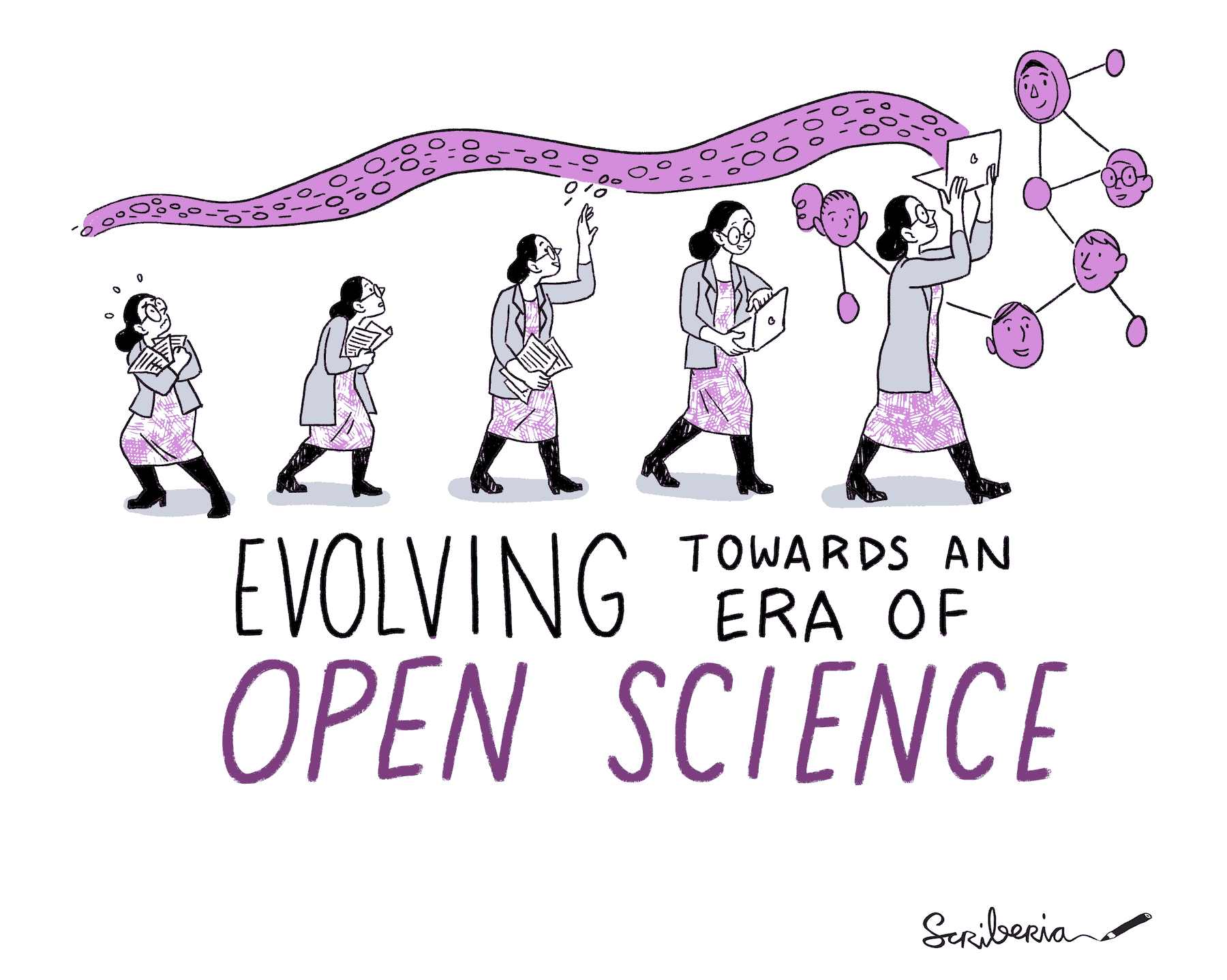Our moonshot goal is to make reproducibility “too easy not to do”.
Reproducible research is necessary to ensure that scientific work can be trusted. Led by strong advocacy from the research community for open science and research reproducibility, funders and publishers are increasingly requiring that publications include access to the underlying data and analysis code. The goal is to ensure that all results can be independently verified and built upon in future work.
This is sometimes easier said than done. Sharing these research outputs means understanding and applying a range of practices, including open science, data management, library sciences, software development, and continuous integration techniques — skills that are not widely taught or expected of academic researchers and data scientists. Furthermore, technical skill alone is not sufficient for making research reproducible and open for all.
The Turing Way provides resources to build an understanding of good practices and improve research habits through modular chapters in a self-contained handbook. Rather than reinventing the wheel by rewriting or redefining data science best practices, we encourage you to introduce known methods, tools and approaches in accessible language in The Turing Way chapters. In these chapters, you can highlight existing resources, curated materials and external links, setting readers up for diving deeper into topics of their choice.
The book started in January 2019 as a guide for reproducibility, covering Version Control, Code Testing, and Continuous integration. However, technical skills are just one aspect of making data science research “open for all”. Hence, in February 2020, The Turing Way expanded into a series of guides: Guide for Reproducible Research, Guide for Project Design, Guide for Communication, Guide for Collaboration, and Guide for Ethical Research. Through community contributions, the project has grown into multiple guides, a global community and numerous resources built and shared by the members of our community.

Figure 1:The Turing Way project illustration by Scriberia. Used under a CC-BY 4.0 licence. DOI: The Turing Way Community & Scriberia (2024).
Lessons learned from The Turing Way will help design projects with reproducible, collaborative, and ethical research frameworks. It will also ensure that different stakeholders of research know which parts of the “responsibility of reproducibility” they can affect, and what they should do to ‘nudge’ research and data science to be more efficient, effective, and understandable.
Our team and community members are committed to adopting and promoting openness, inclusivity, ethical conduct, and access in research and data science, and have integrated these in all aspects, including the chapters, of The Turing Way.
The project has been developed openly and any and all questions, comments and recommendations are always welcome at our GitHub repository: https://
- The Turing Way Community, & Scriberia. (2024). Illustrations from The Turing Way: Shared under CC-BY 4.0 for reuse. Zenodo. 10.5281/ZENODO.3332807